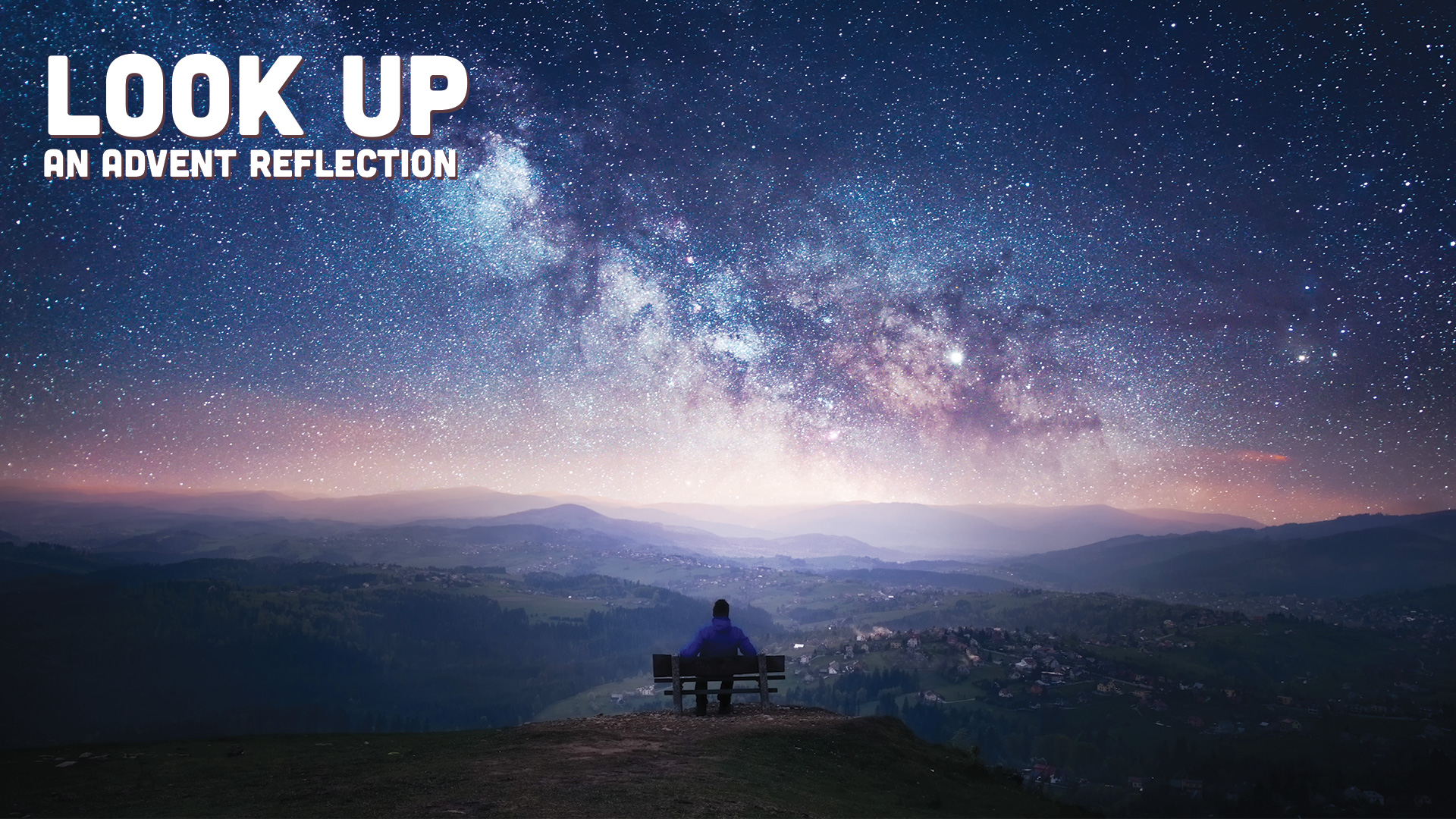
20 Nov Our Dependance on Words
Posted at 13:53h
in Advent 2019
A REFLECTION BY JOE AUMENTADO: This past Sunday at the Loft, we engaged in conversation with Maria Francesca French about this Greek word, logos (= “word”), found in the prologue to John’s Gospel. The conversation centered on exploring the confluence of traditions and the genealogy of meaning that encompasses this Word, and how John expands on its definition in the person of Jesus Christ.
.
By the end of Sunday’s talk, I was struck by our dependance on words. We live in a world mediated by words. These things we string together and shape — symbols, signs, and sounds — make it possible for us to codify our world and communicate with one another. But, what I think is more spellbinding about our various signifiers, and how they orient us, are how new vistas of meaning and experience open up before us when the right “incantation” is spoken. A poem, a toy from childhood, the high walls of the Sistine Chapel, all these things and more have the potential to furnish the imagination and bring us to transport. To get at what I mean, consider what theologian, George Lindbeck, writes in his seminal work, The Nature of Doctrine: “There are numberless thoughts we cannot think, sentiments we cannot have, and realities we cannot perceive unless we learn to use the appropriate symbol system.” Viewed this way, language presents us with limits and horizons. And, how we understand ourselves and the world around us will either be narrowed or broadened by our mastery of various linguistic systems.
.
The reason why I continue to be attracted to the Christian faith, is because of the semiotic web of symbols it has to offer — wine, bread, lambs, buried treasure, the virgin mother — all of which are repeated over and over, trickling into the imagination, and in/forming our liturgical selves.
.
There is a kind of meaning that can only be gleaned through the use of imagery and metaphor. Take for instance my favorite holiday on the liturgical calendar, Ascension Thursday. Although it doesn’t get the kind of fanfare I think it deserves — compared to Christmas and Easter — the Ascension story makes us cognizant of the Church’s God-given vocation: to live out our baptism, in the same way Jesus lived out his.
.
In the prologue to Acts, Luke weaves a tapestry of symbols and metaphors, that make allusions to the Hebrew prophets, the most obvious being the prophet Elijah, as well as Jesus’ own life and ministry. In this way, Luke invites his readers to take up the mantle as Elisha did after Elijah ascended, to allow ourselves to be submerged and transformed by the chaotic waters of Jesus’ baptism — all this familiar imagery forming the religious rite of our calling which was poured out at Pentecost — so that we might continue Christ’s work.
.
The Christian faith, with its use of myth, symbol, and metaphor, has shaped me, such that there would have been numberless thoughts that I would be unable to think, sentiments I wouldn’t have felt, and realities I would never have perceived, left to my own ruminations. Indeed, the Ascension is about finding higher ground to open us up to an expanse of meaning — a vision that transcends ourselves or particular in-group — to heal, to welcome, and to love, all of which is mediated by the Word.
_______________

